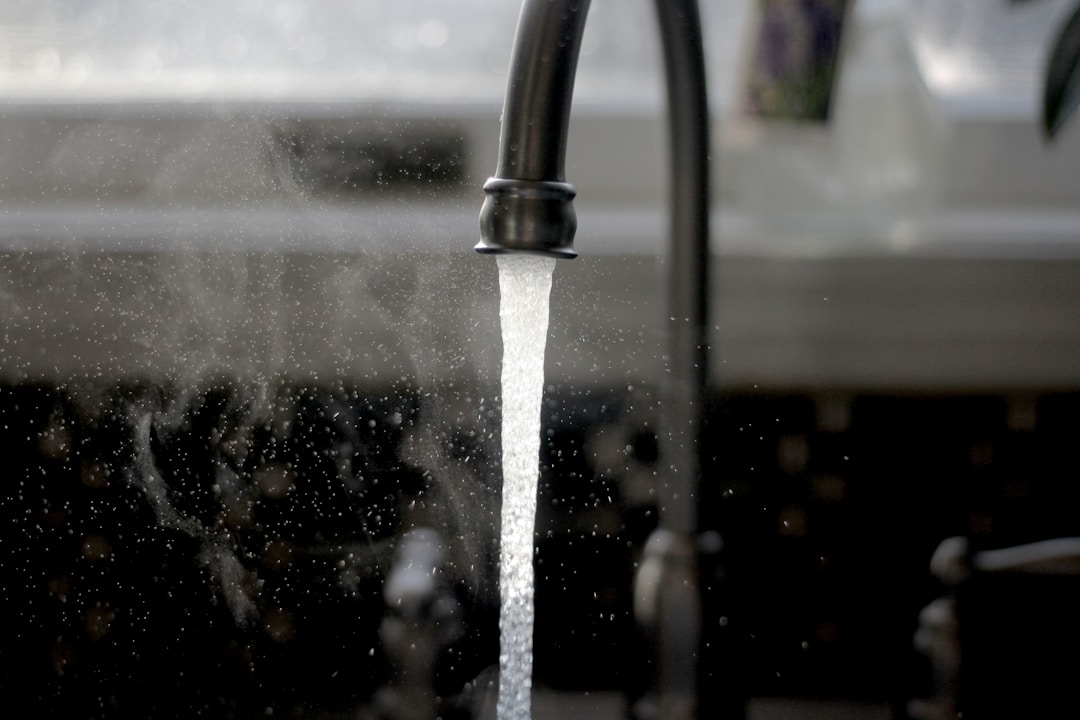One appliance that we might take for granted is our water heater. We trust that when we turn on the faucet, hot water will come out. This is usually the case until something happens and there is no warm water. If you find yourself in the market for a new water heater, there some things that you will need to consider. Besides tank size and gallons of water, you should think about tankless water heaters versus traditional water heaters. You will want to think about which choice is the best option for your situation. There are options to consider, such as natural gas equipment, electric models, energy savings, flow rate, and other things. The first decision, however, will be how hot water is delivered to your home.
The biggest difference between a tankless water heater and a traditional unit is how hot water is delivered to the house. Tankless units operate on demand, while traditional heaters store a specified amount of hot water to use when needed. When choosing a traditional or tankless water heater, you need to understand the differences between them. Let’s take a look at some things to consider when choosing between a tankless or traditional water heater.
Space

Size and space are major considerations for choosing a new water heater. If space is a factor, a tankless unit takes up much less room than a conventional water heater. A traditional water heater stores a specified amount of hot water in a tank. These storage tanks are large and can take up a lot of room. Tankless water heaters, on the other hand, require much less space for installation. A tankless water heater can be put in areas with little floor space and can even be placed on a wall.
Budget

Several things factor into the cost of a new water heater. Things such as energy star rating, gallon capacity, and energy source will all impact the price point of the water heater. While there is a wide range of costs among different units, there are significant differences in price between tankless conventional water heaters. On average, the installed cost of a traditional model can be $900, while a tankless model can be $2000 for an installed unit. If the budget is significant, a regular storage-tank water heater might be the more affordable solution.
Needs

When considering your new water heater, you’ll want to think about the hot water needs of your family. The number of people that will need hot water at the same time needs to be considered. Tankless water heaters are also called demand water heaters because they produce hot water as needed. In situations where people are using hot water simultaneously, a tankless unit might struggle to keep up with demand. Since traditional tank-style water heaters store a large amount of hot water, there is a large volume available when needed.
Once these units are emptied, however, the storage tank will need time to fill back up. Both can have limitations when it comes to supplying a large volume of hot water at once. A tank water heater has to be big enough to meet demands. However, if you decide on a tankless option, you might need more than one unit for a large amount of hot water.
When it comes to water heaters, some things need to be considered before deciding on a model. Whether you are building a new home or need a new appliance, you will need to think about your needs, budget, and space. While these are the major considerations, there are other things such as energy efficiency, energy cost, and fuel type to also think about. Whatever decision you make, be sure to take your time and do research to make the right choice for your household.








